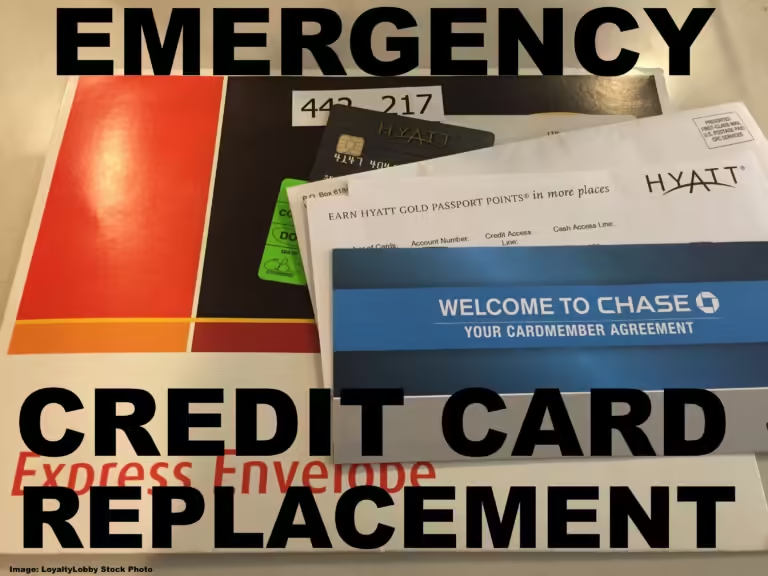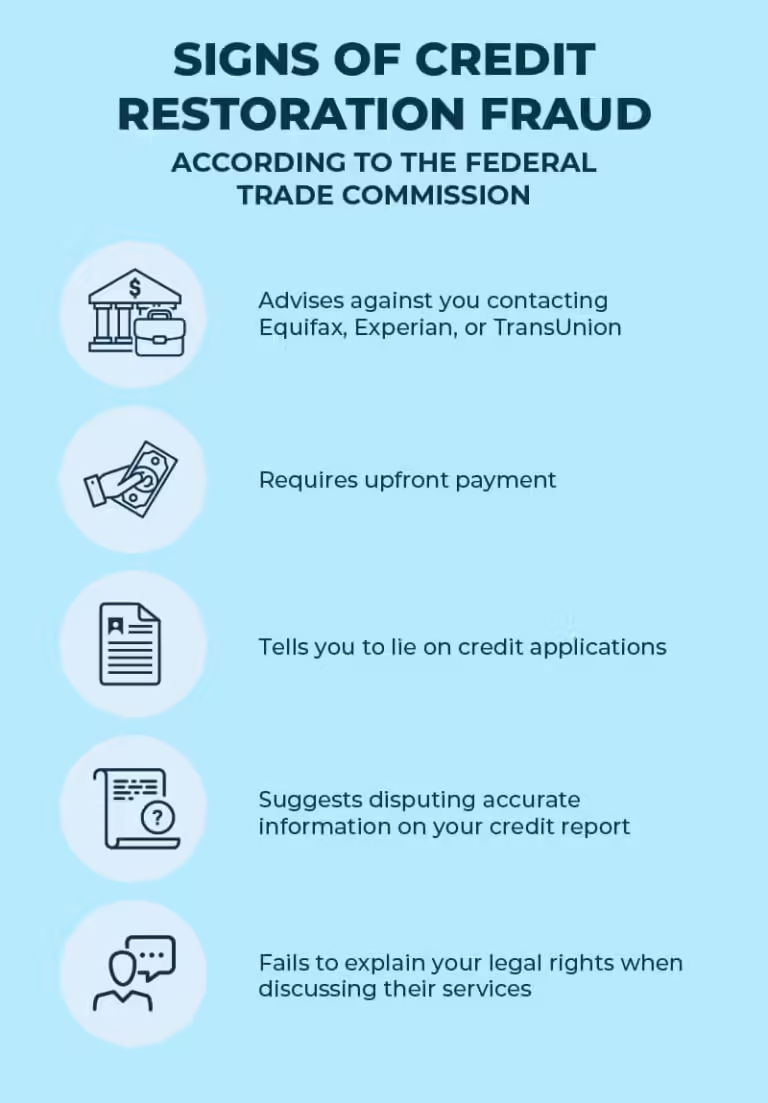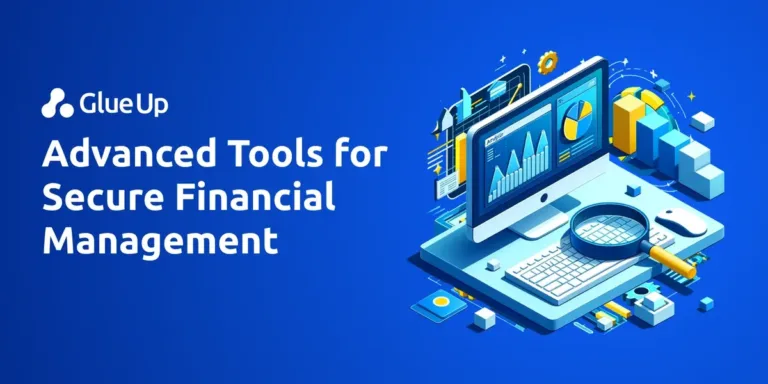How to Stay within Credit Limits
To stay within credit limits, track your spending regularly and create a strict budget. Pay off balances promptly to avoid exceeding limits.
Managing credit wisely is crucial for financial health. Keeping track of spending helps prevent unexpected expenses. Setting a budget ensures that you do not overspend. Paying off credit card balances on time avoids unnecessary interest charges. Regularly reviewing your credit card statements can help identify any discrepancies.
Utilizing tools like mobile apps or financial software can aid in monitoring expenses. Staying disciplined with purchases and prioritizing essential over non-essential items ensures you remain within your credit limits. Responsible credit usage also positively impacts your credit score, making future financial opportunities more accessible.
Importance Of Staying Within Credit Limits
Staying within credit limits is crucial for financial health. Exceeding credit limits can lead to various negative consequences. It impacts your debt levels and your credit score. This section highlights why adhering to credit limits is essential.
Avoiding Debt Accumulation
Exceeding your credit limit can result in significant debt accumulation. High debt levels make it harder to repay what you owe. Consistently staying within credit limits helps prevent overwhelming debt.
Here are some key points to consider:
- Interest Charges: High debt leads to increased interest payments.
- Fees: Exceeding limits often incurs penalty fees.
- Financial Stress: Managing high debt can be stressful.
Maintaining Credit Score
Your credit score is vital for financial opportunities. Staying within credit limits positively impacts your credit score.
Here are the benefits:
- Credit Utilization: Keeping utilization below 30% is ideal.
- Timely Payments: Staying within limits ensures manageable payments.
- Loan Approvals: Good credit scores increase loan approval chances.
Below is a table summarizing the benefits of maintaining good credit scores:
| Aspect | Impact |
|---|---|
| Credit Utilization | Lower utilization improves credit scores. |
| Timely Payments | Ensures payments are made on time. |
| Loan Approvals | Higher chances of loan approvals. |
Understanding Your Credit Limit
Understanding your credit limit is essential for effective financial management. Staying within your limit helps maintain a good credit score. It also prevents unexpected fees. Let’s dive into what a credit limit is and how to manage it.
Checking Your Credit Limit
First, know your credit limit. You can find this information on your credit card statement. Most banks also provide it online. Regularly checking your limit helps you keep track of your spending.
Here are some ways to check your credit limit:
- Check your monthly statement.
- Log into your online banking account.
- Contact customer service.
Being aware of your credit limit helps in planning your expenses better.
Impact Of Exceeding Limits
Exceeding your credit limit can have severe consequences. It can lead to over-limit fees. This can also lower your credit score.
Here are some impacts of exceeding your credit limit:
| Impact | Details |
|---|---|
| Over-Limit Fees | Extra charges for going over your limit. |
| Lower Credit Score | High balances can reduce your score. |
| Higher Interest Rates | Exceeding limits can lead to higher rates. |
Maintaining a balance below your limit is crucial. It ensures financial stability and avoids unnecessary costs.
Budgeting Techniques
Staying within credit limits is essential for financial health. Budgeting techniques help manage money wisely. Let’s explore effective methods to keep spending in check.
Creating A Spending Plan
A spending plan guides your monthly expenses. First, list all your income sources. Next, write down all necessary expenses. This includes rent, utilities, and groceries.
Subtract your expenses from your income. If you have extra money, decide where to save or spend it. This plan helps avoid overspending.
Benefits of a Spending Plan:
- Tracks money flow
- Avoids impulse purchases
- Ensures bills are paid on time
Tracking Expenses
Tracking expenses is crucial for staying within credit limits. Use a notebook, app, or spreadsheet. Record every purchase, no matter how small.
This practice shows where your money goes. It identifies patterns and areas where you can cut back.
Tools for Tracking:
| Tool | Benefits |
|---|---|
| Notebook | Simple and portable |
| App | Automatic and convenient |
| Spreadsheet | Customizable and detailed |
Regularly review your expenses. Adjust your spending plan if needed. This ensures you stay within your credit limits.
Setting Financial Goals
Setting financial goals is essential for staying within credit limits. It helps you manage spending and achieve financial stability. Both short-term and long-term goals are important in this process.
Short-term Goals
Short-term goals are achievable within a year. They help you manage immediate expenses.
- Create a monthly budget.
- Track your spending daily.
- Pay off small debts first.
- Save for emergencies.
Setting these goals helps you stay organized. You can see where your money goes. This makes it easier to stay within your credit limits.
Long-term Goals
Long-term goals take more than a year to achieve. They require planning and discipline.
- Save for a house or car.
- Invest in retirement funds.
- Plan for children’s education.
These goals help you build a strong financial future. They ensure you use credit responsibly.
| Goal Type | Examples |
|---|---|
| Short-term | Monthly budget, daily spending tracking |
| Long-term | House savings, retirement funds |
Setting and achieving these goals takes effort. But it is worth it. You will have better control over your finances. Staying within credit limits becomes easier.
Using Credit Wisely
Staying within your credit limit requires smart planning. Using credit wisely ensures you avoid debt and build a strong financial foundation. Let’s explore some key strategies to manage your credit effectively.
Prioritizing Essential Purchases
Focus on essential purchases first. This includes groceries, utilities, and rent. These are non-negotiable expenses. Ensure these are covered before considering other expenses.
- Groceries
- Utilities
- Rent
Create a budget for these essentials. Stick to this budget to avoid overspending.
Avoiding Impulse Buying
Impulse buying can quickly blow your budget. To avoid this, make a shopping list before you go to the store.
- Write down what you need
- Stick to the list
Consider waiting 24 hours before making a purchase. This gives you time to think if you really need it.
Using these strategies, you can stay within your credit limits and build good financial habits.
Monitoring Your Credit Usage
Monitoring your credit usage is crucial for maintaining a healthy financial life. It helps you stay within your credit limits and avoid debt. Below, we discuss how to effectively monitor your credit usage.
Regularly Reviewing Statements
Regularly reviewing your credit card statements is essential. It helps you keep track of your spending. Look at your statement every month. Check for any errors or unauthorized transactions. This practice ensures that you are aware of your balance and due dates.
Pro Tip: Set a reminder to review your statements. This keeps you disciplined and aware.
Using Alerts And Notifications
Using alerts and notifications can help you manage your credit usage. Most banks offer this feature. You can set up alerts for various activities:
- When your balance reaches a certain amount
- Payment due dates
- Unusual spending activity
These alerts keep you informed in real-time. They help you avoid overspending and missed payments.
Examples of Useful Alerts:
| Alert Type | Purpose |
|---|---|
| Balance Threshold | Notifies when you are close to your credit limit. |
| Due Date Reminder | Reminds you of upcoming payment due dates. |
| Fraud Alert | Informs you of any suspicious activities. |
Pro Tip: Customize your alerts based on your needs. This ensures you get the most relevant information.
Paying Off Balances
Staying within your credit limits is crucial for financial health. One effective way to achieve this is by paying off balances. This section will guide you on how to manage your credit card payments efficiently.
Making Timely Payments
Making timely payments is essential to avoid late fees and penalties. Always pay your bills before the due date.
- Set up automatic payments to ensure you never miss a payment.
- Mark your calendar with payment due dates as reminders.
- Pay more than the minimum amount to reduce your balance faster.
Strategies For Reducing Debt
Reducing debt can help you stay within your credit limits. Here are some strategies:
- Create a budget and stick to it.
- Use the debt snowball method. Pay off the smallest debts first.
- Transfer high-interest balances to a lower interest card.
- Avoid new purchases until your debt is under control.
Consider using a table to track your debts:
| Credit Card | Balance | Interest Rate | Minimum Payment |
|---|---|---|---|
| Card A | $1,200 | 15% | $50 |
| Card B | $800 | 20% | $40 |
| Card C | $600 | 18% | $30 |
Seeking Professional Advice
Staying within credit limits can be challenging. Seeking professional advice can make it easier. Experts can guide you on the right path. Here are two ways to get professional help.
Consulting Financial Advisors
Financial advisors are professionals who understand money management. They help you create a budget. This ensures you stay within your credit limits. A good financial advisor offers personalized advice. They look at your income, expenses, and debts. They can help you make a realistic financial plan.
Here are some benefits of consulting a financial advisor:
- Expert Guidance: They have experience in managing finances.
- Personalized Plans: They create a plan that suits your needs.
- Long-term Goals: They help you set and achieve financial goals.
Utilizing Credit Counseling Services
Credit counseling services offer advice on managing debt. They help you understand your credit report. Counselors provide tips to improve your credit score. They also offer education on financial management. This helps you stay within your credit limits.
These services can assist you in several ways:
- Debt Management Plans: They help you create a plan to pay off debt.
- Credit Education: They teach you how to manage credit wisely.
- Negotiation Help: They can negotiate with creditors on your behalf.
Both options provide valuable support. They help you stay on track and within your credit limits.
Frequently Asked Questions
How Can I Track My Credit Limit?
You can track your credit limit by regularly checking your credit card statements. Most banks also offer online and mobile banking services. These services allow you to monitor your credit limit in real-time.
What Happens If I Exceed My Credit Limit?
Exceeding your credit limit can result in fees and a higher interest rate. It can also negatively impact your credit score. Always try to stay within your limit to avoid these penalties.
How Can I Manage My Credit Card Spending?
Create a monthly budget to manage your credit card spending. Keep track of your purchases and avoid unnecessary expenses. Set up alerts to notify you when you’re nearing your credit limit.
Why Is It Important To Stay Within Credit Limits?
Staying within your credit limits helps maintain a good credit score. It also avoids additional fees and high-interest charges. Responsible credit usage can improve your financial health.
Conclusion
Managing credit wisely is essential for financial health. Stay within limits by monitoring spending and setting budgets. Use alerts to track your balance. Regularly review your credit report. These habits will help you avoid debt and improve your credit score.
Practice these tips to maintain financial stability and peace of mind.







